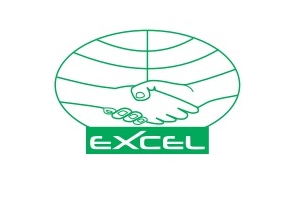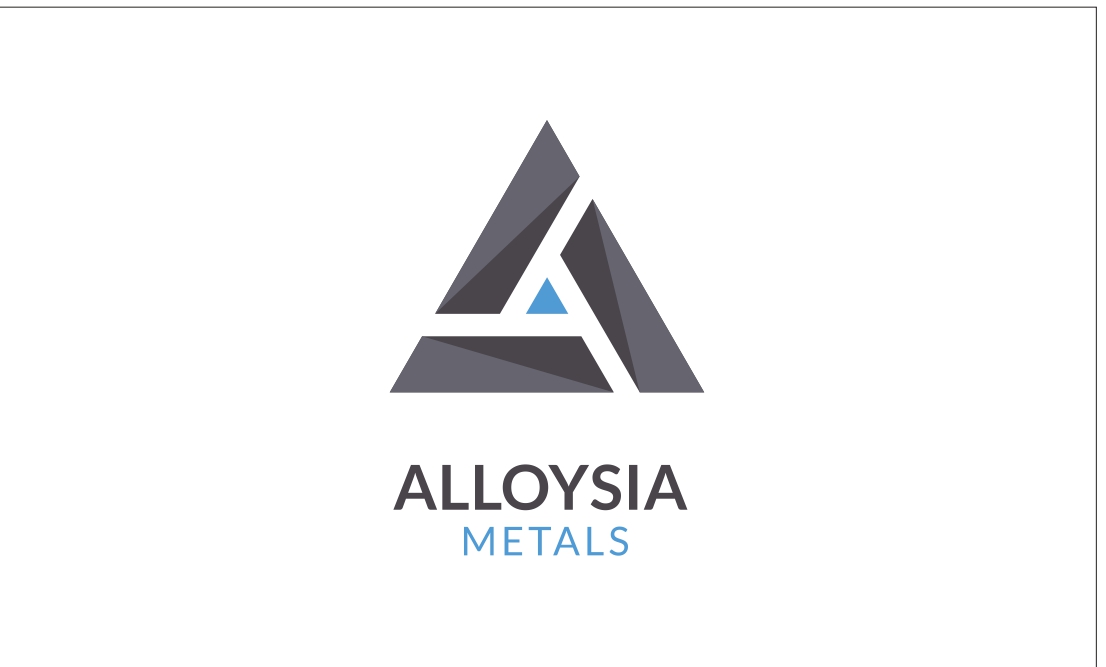Get A Quote
Get A Quote
+91

Home

Account

Get A Quote

About Us
Products
Materials
Contact Us
Connect with us
Get A Quote

Home

Account

Get A Quote

Inconel 718 5D Pipe Bend Pipe Fittings are composed of a unique alloy combination, including nickel and chromium alloys, with additional metals such as hafnium, titanium, aluminide and tungsten. This distinctive material mix enables the product to withstand extreme temperatures, making it invaluable for extreme industrial applications such as aerospace design. Its high-temperature resistance and strength make it an ideal choice for high-pressure systems; in addition, its corrosion resistance allows structures to be submerged in water for prolonged periods without damage. All these qualities make Inconel 718 5D Pipe Bend Pipe Fittings an excellent option for various challenging construction needs.
718 5D Inconel Pipe Bend Pipe Fittings are an ideal solution for applications demanding high material strength, corrosion resistance and heat resistance. Used extensively in the aerospace, nuclear, chemical and automotive industries, these bend pipe fittings offer superior performance. The 718 alloys can resist temperatures up to 1400°F and feature excellent fatigue resistance. In addition to its superb heat characteristics, Inconel 718 5D Pipe Bend Pipe Fittings are resistant to oxidation and enhanced strength corrosion in both acidic and alkaline environments. As a cost-effective solution for multiple applications, these pipe fittings provide unparalleled convenience with their bendable form, making them perfect for spaces where complex pipe arrangement is needed.
Inconel 718 5D Pipe Bend Pipe Fittings are composed of a unique alloy combination, including nickel and chromium alloys, with additional metals such as hafnium, titanium, aluminide and tungsten. This distinctive material mix enables the product to withstand extreme temperatures, making it invaluable for extreme industrial applications such as aerospace design. Its high-temperature resistance and strength make it an ideal choice for high-pressure systems; in addition, its corrosion resistance allows structures to be submerged in water for prolonged periods without damage. All these qualities make Inconel 718 5D Pipe Bend Pipe Fittings an excellent option for various challenging construction needs.
718 5D Inconel Pipe Bend Pipe Fittings are an ideal solution for applications demanding high material strength, corrosion resistance and heat resistance. Used extensively in the aerospace, nuclear, chemical and automotive industries, these bend pipe fittings offer superior performance. The 718 alloys can resist temperatures up to 1400°F and feature excellent fatigue resistance. In addition to its superb heat characteristics, Inconel 718 5D Pipe Bend Pipe Fittings are resistant to oxidation and enhanced strength corrosion in both acidic and alkaline environments. As a cost-effective solution for multiple applications, these pipe fittings provide unparalleled convenience with their bendable form, making them perfect for spaces where complex pipe arrangement is needed.


































No more suppliers available.
Website Banner